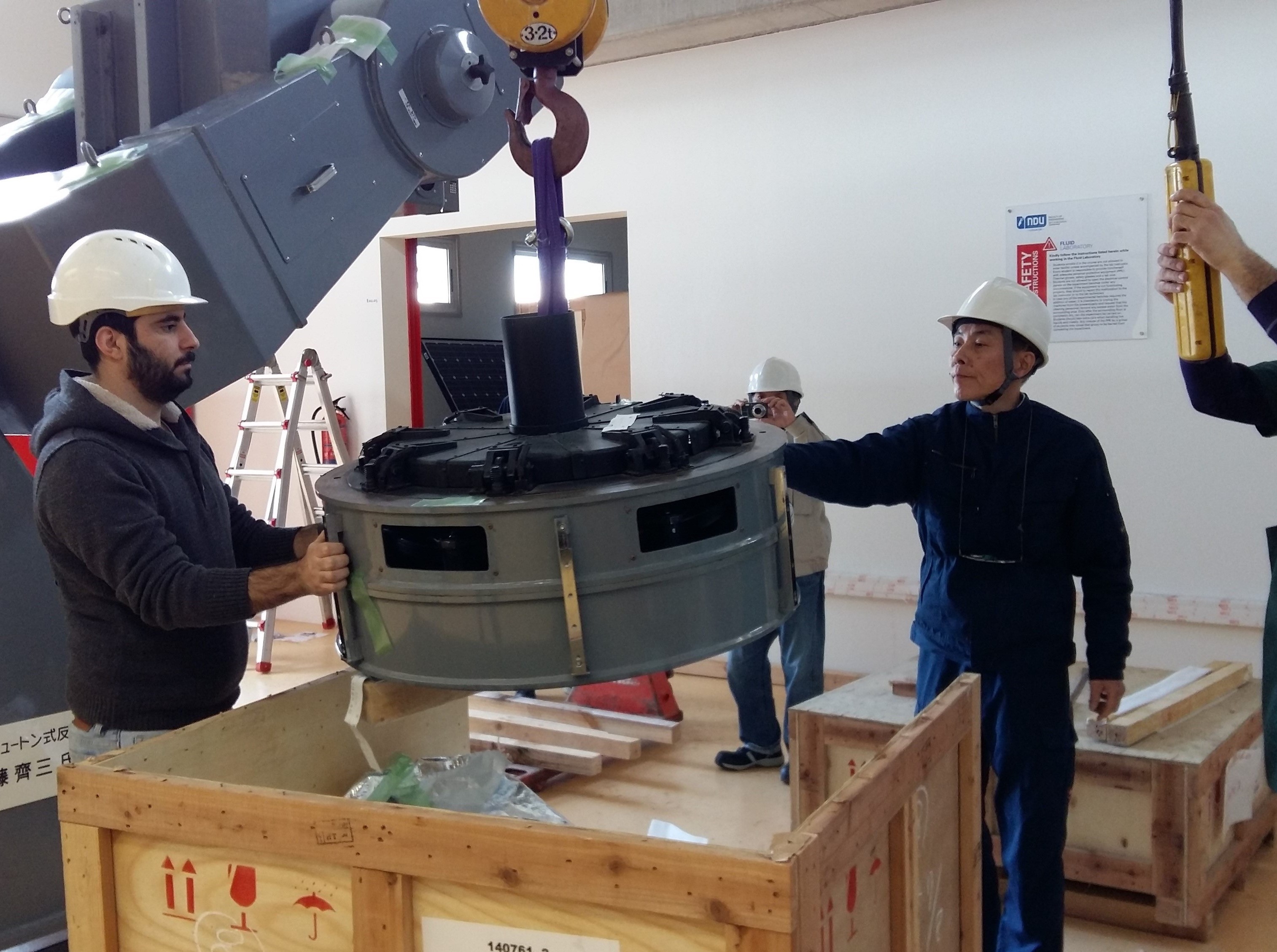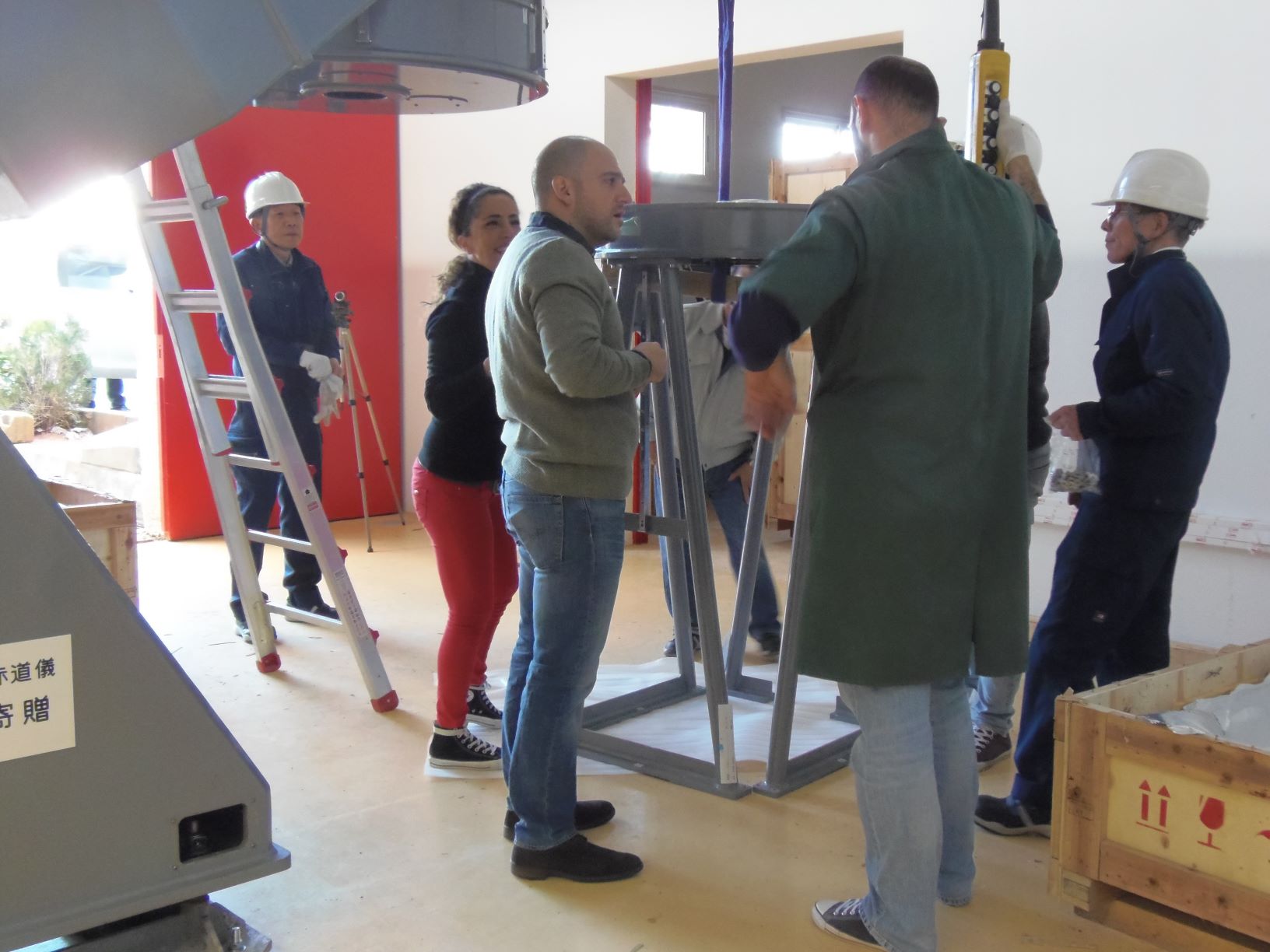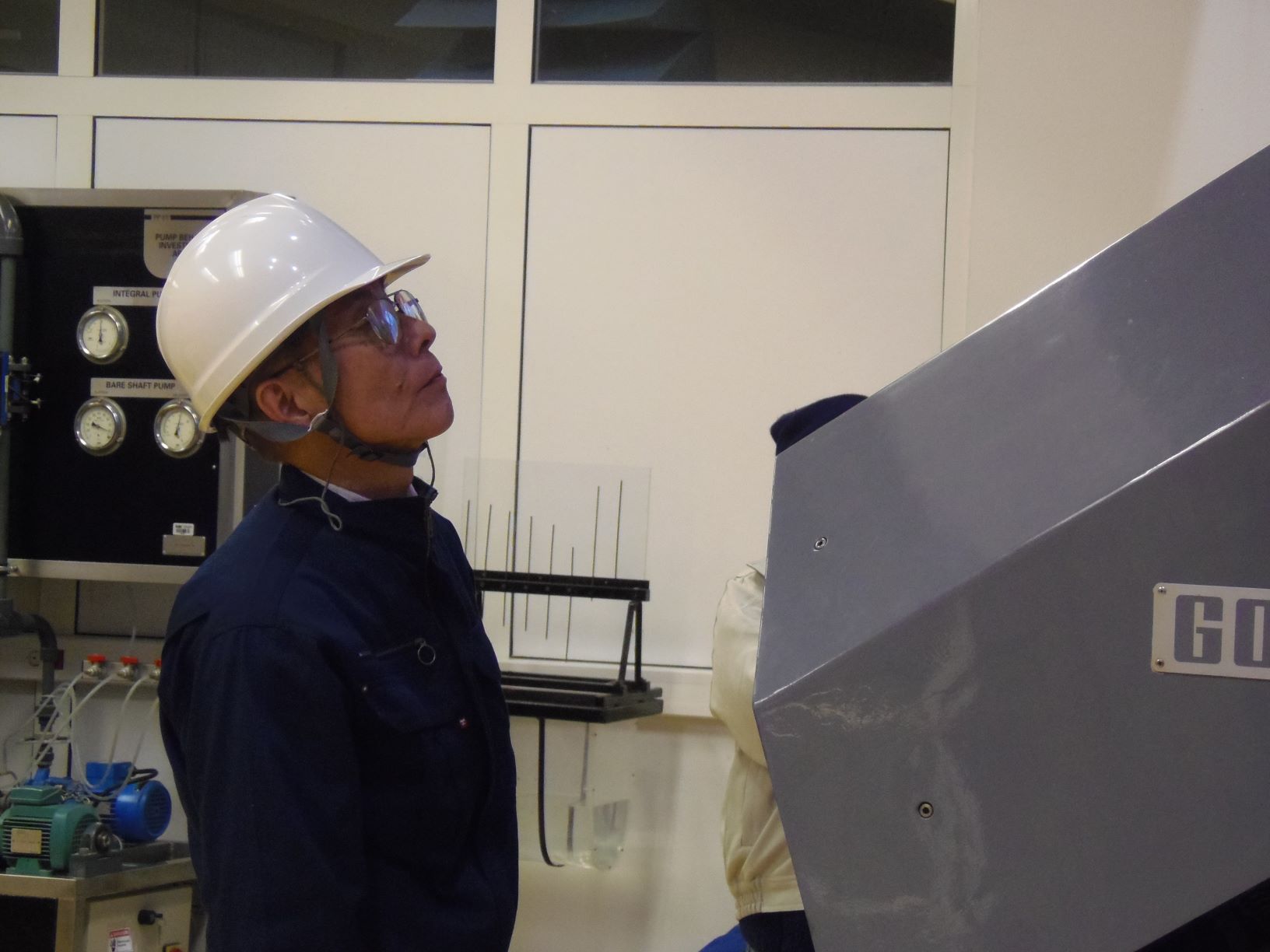





Najia Houssari
BEIRUT: A telescope provided by Japan may be another step toward Lebanon having a national astronomical observatory.
In 2011, three astronomy professors at Lebanon’s Notre Dame University (NDU) — Roger Hajjar, Bassem Sabra and Gibran Marwan — went to South Africa to participate in a regional conference organized by the Middle East and African International Astronomical Union (IAU).
The professors took a poster with them to highlight a project NDU wanted to implement — establishing an astronomical observatory. NDU had signed an agreement with Saint Joseph University (USJ) in 2010 to cooperate in teaching a master’s in astronomy.
Hajjar said: “We hung a poster in the corridors of the conference halls, and hours later we were approached by Astronomy professor, Kazuhiro Sekiguchi, the international relations officer of the National Astronomical Observatory of Japan (NAOJ).
There are two astronomical observatories in Lebanon. The first is Lee Observatory, which is at the American University of Beirut (AUB). The second observatory is located on the campus of Beirut Arab University.
“Astronomy in Lebanon was not very popular,” Hajjar said. After 2010, astronomy began to increase in popularity. “We started to get students who wanted a master’s degree in this field.
“The telescope provided by Japan to NDU was operated by an amateur who detected comets. Japan’s GOTO, a company that manufactures planetariums and related equipment, introduced the telescope in the 1980s. The company owner gave the telescope to his prefecture in Japan to be placed in a public observatory.”
Three years later, the owner of the same company introduced a more modern telescope, so the old one was set aside. Its mirrors and lenses underwent maintenance and the telescope was sent to Beirut in 2015 after a cooperation agreement was signed between NDU and NAOJ. The telescope is now in one of the university’s warehouses.
The NDU administration is currently in the process of making agreements with municipalities in the Mount Al-Makmal region. Qurnat as Sawda’, Lebanon’s highest point rising 3,093 meters above sea level, has been chosen as the location of the observatory.
Hajjar said: “The spot chosen for the observatory is the highest in the Middle East. Perhaps it ranks tenth or eleventh among the world’s highest observatories in terms of altitude.”
“The estimated cost for building the observatory could be half a million dollars, including energy production.”
Hajjar said that observatories in the surrounding countries are located in low-lying areas.
“The observatory in Israel, despite its large telescope lenses and its development, is located in the desert at a height of 700 meters. The spot we have in Lebanon is at a height that is unparalleled in the region. We can find similar spots in Iraq and Iran, while in the GCC we can find one in Oman. Similar spots can also be found in Yemen and, perhaps, in the Atlas Mountains in Morocco.”
Hajjar believes that an astronomical observatory in Lebanon could form a link between East and West.
He said that Japan is very advanced in the field of astronomical observation. The budget of NAOJ is estimated at half a billion dollars, while NDU’s budget does not exceed $70 million dollars.
Hajjar added: “The annual budget of the National Council for Scientific Research (CNRS) does not exceed $5 million, and this council is supposed to finance all scientific research in Lebanon.”
“Japan’s gift is priceless,” Hajjar said, “Japan has a space agency that plays a major role in studying the universe. Japan also has pioneering astronomical observatories in terms of size, technology and discoveries.
Japan plays an important role in pushing East Asia to develop astronomy, and now they are helping Lebanon as they helped Egypt restore the Kottamia Observatory. The Japanese have repaired a telescope dating back to the 1950s.”
“In Lebanon, we only have eight or nine astronomers,” he said. “We do not have the human energy to cover all the nights of the year.”